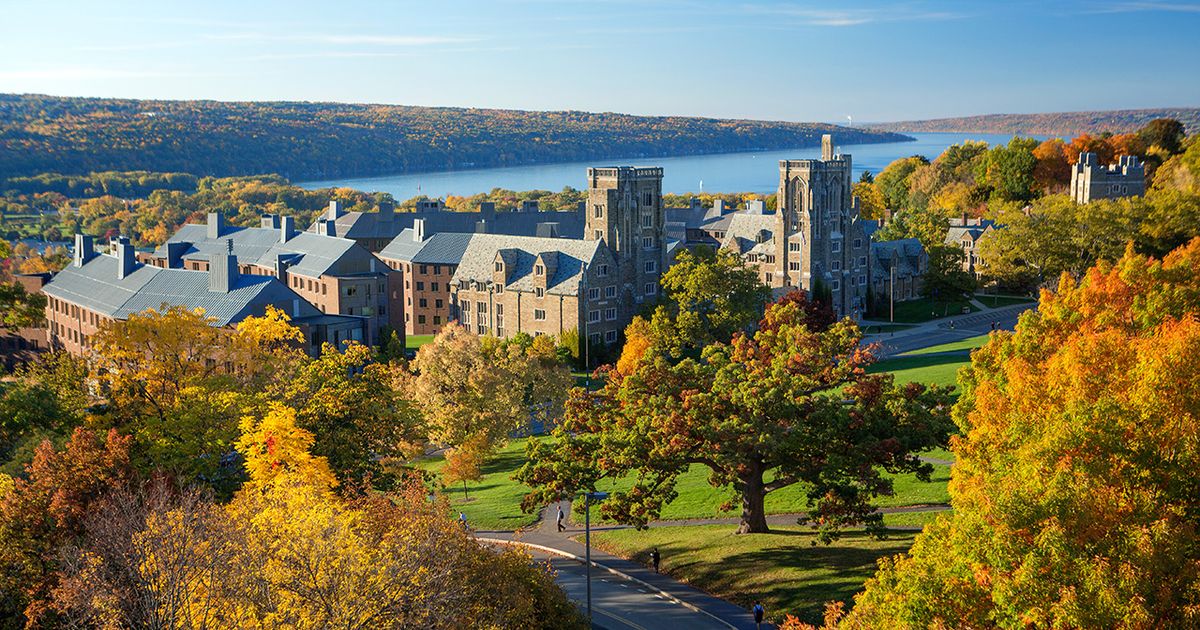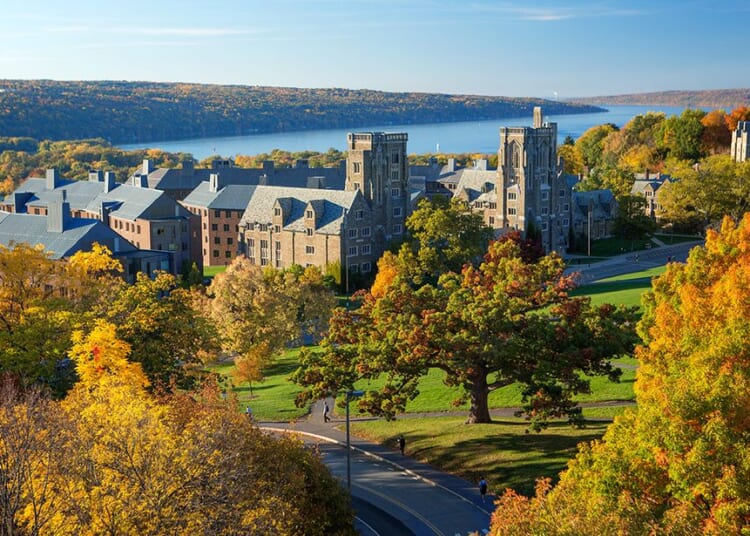
It seems like something has gotten into the water supply at Cornell University in upstate New York. The Ivy League school has seen more than its share of unrest and strange activities in recent years, particularly since the beginning of the war in Gaza. Little of it seems to have anything to do with the biology and horticulture programs that the college is famous for, instead focusing on political movements and social justice. But what brought about this sea change? The College Fix has come across some data that might help explain this phenomenon. The school has gone on a hiring spree over the past decade or so, creating positions for a rapidly growing number of professionals, many of them not involving teaching any classes. As of last year, their ranks have swelled to the point where there are nearly half as many administrators as there are students. And a large number of the new administrators are focused on diversity, equity, and inclusion (DEI).
Cornell University employs one administrator for every two undergraduate students, according to an analysis by The College Fix.
During the 2022-23 school year, the most recent data available, the university had 7,764 full-time administrators and support staff, according to information the school filed with the federal Integrated Postsecondary Education Data System.
Administrators and support staff include management, student and academic affairs divisions, IT, public relations, administrative support, maintenance, legal, and other non-academic departments. Full-time student enrollment that year was 15,685, making the ratio of undergrads to administrators and support staff 495 to 1,000, or one to two.
Professors willing to talk about this trend noted that DEI had already been a focus for the administration for a number of years, but that aspect of the school’s mission significantly ramped up after the protests surrounding the death of George Floyd in 2020. The administrative hiring spree ramped up simultaneously. How in the world does a school require 7,764 full-time administrators to see to the needs of 15,685 students? That’s simply a ludicrous ratio.
If you shift the focus of your educational efforts to DEI rather than developing more robust species of crops or saving endangered birds (both of which Cornell does), don’t be surprised if the interests of the students change along with the curriculum. That has led to divisions within the student body and complications in the school’s relations with the surrounding community. Last month, students convicted university president Martha Pollack of “genocide” in a mock trial for allegedly being insufficiently supportive of Hamas and the Palestinians. Shortly thereafter, some of the school’s most prominent donors called on the board of trustees to remove Pollack for being too supportive of Hamas and too focused on DEI. The board voted unanimously to keep her around.
At this point, it appears that a significant number of students at Cornell are more focused on the war in Gaza and various social justice issues than they are on their studies. How is this preparing them for careers in the sciences? They (or their parents in many cases) are paying a hefty price for the privilege of attending classes at Cornell. That hiring spree was accompanied by a nearly 50% increase in tuition rates. It now costs more than $65,000 per year to attend, up from roughly $45,000 a decade earlier.
I haven’t always had issues with Cornell. It built a well-deserved reputation as a top center for the study of natural sciences. They host a global bird count each year that I participate in and they’re doing great work to protect endangered species. They’re also working to expand forests and breed more resilient types of trees. So it’s a shame to see the campus devolving into some sort of political circus. Hopefully, they will be able to return to their roots and their core mission.

